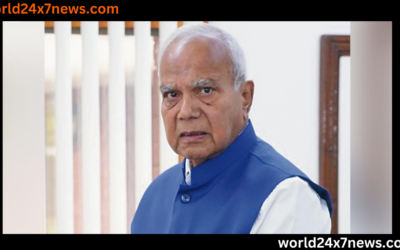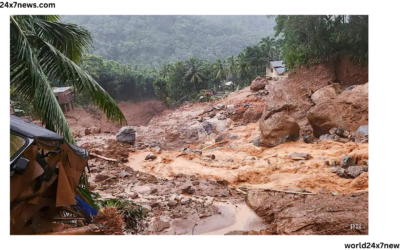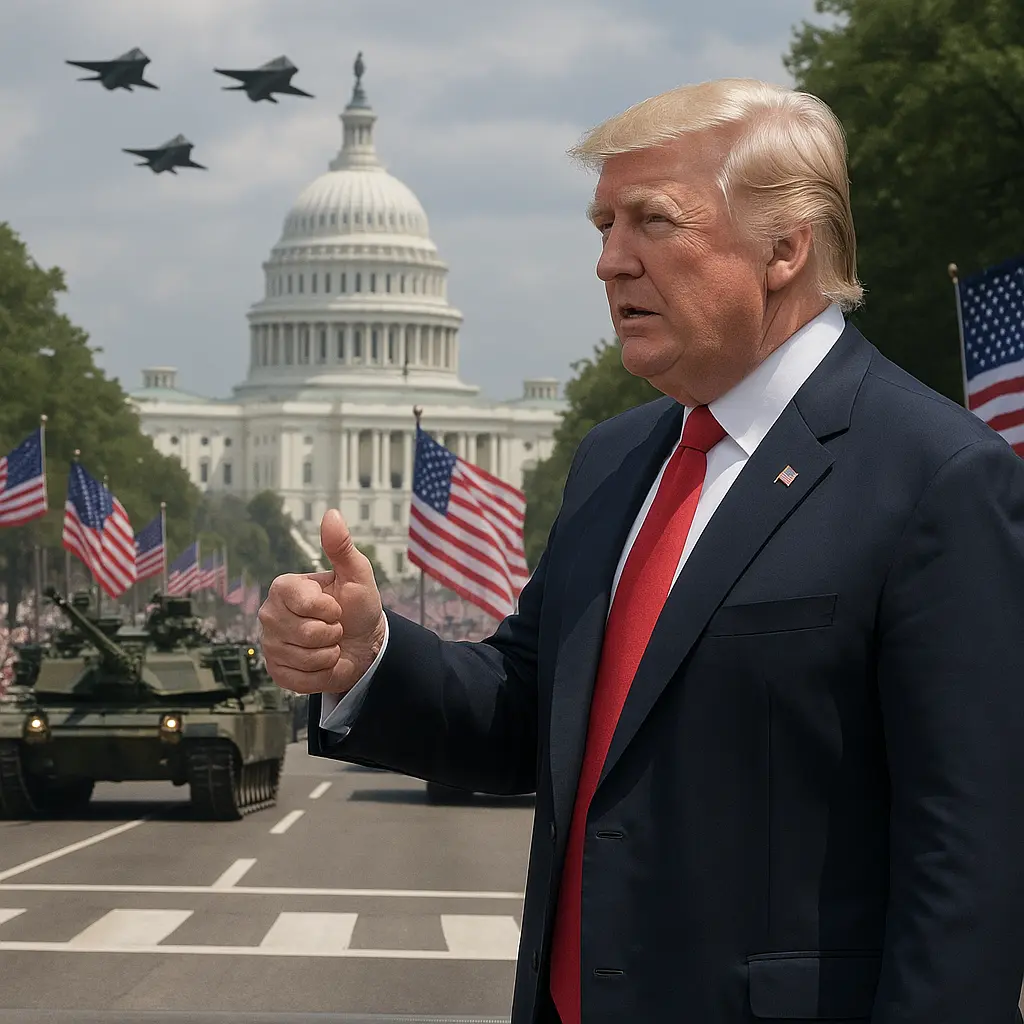US Official Confirms China Maintain Spy Base In Cuba Since 2019

According to an official from the Biden administration, China has been operating a spy base in Cuba since at least 2019. This spy base is part of Beijing’s global efforts to enhance its intelligence-gathering capabilities. The official, speaking on the condition of anonymity, mentioned that the U.S. intelligence community has been aware of China’s espionage activities from Cuba for some time. Additionally, China has been expanding its intelligence-gathering operations worldwide.
To counter China’s push to expand its spying activities, the Biden administration has intensified its efforts. Through diplomacy and other undisclosed actions, progress has been made in impeding China’s ambitions, as stated by the official with knowledge of U.S. intelligence on the matter. The existence of the Chinese spy base was confirmed after The Wall Street Journal reported that China and Cuba had reached an agreement in principle to construct an electronic eavesdropping station on the island. The report further mentioned that China intended to provide financial support to Cuba as part of the negotiation.
However, the White House refuted the accuracy of the report. John Kirby, the White House National Security Council spokesman, dismissed the press report during an MSNBC interview, stating, “I’ve seen that press report, it’s not accurate. What I can tell you is that we have been concerned since day one of this administration about China’s influence activities around the world, particularly in this hemisphere and region. We’re monitoring the situation very closely.”
The U.S. intelligence community has determined that Chinese spying from Cuba is an ongoing matter and not a recent development, according to the administration official. Carlos Fernández de Cossío, Cuban Deputy Foreign Minister, also denounced the report in a Twitter post, accusing certain media outlets of spreading harmful and alarming speculation without providing evidence or adhering to basic communication standards.
Soon after assuming office in January 2021, President Joe Biden’s national security team was briefed by the intelligence community on various sensitive Chinese endeavors around the world. These efforts involved Beijing’s consideration of expanding logistics, basing, and collection infrastructure to further enhance the influence of the People’s Liberation Army. Chinese officials assessed potential sites across the Atlantic Ocean, Latin America, the Middle East, Central Asia, Africa, and the Indo-Pacific. The examination included evaluating existing collection facilities in Cuba, leading to an upgrade of China’s spying operation on the island in 2019.
Tensions between the U.S. and China have persisted throughout Biden’s term. The relationship reached a low point last year after former House Speaker Nancy Pelosi’s visit to Taiwan, which is democratically governed. It marked the first visit by a sitting House speaker since Newt Gingrich in 1997 and triggered China to conduct military exercises near Taiwan, which it claims as its territory. Furthermore, the U.S.-China relations became further strained earlier this year when the U.S. shot down a Chinese spy balloon that had crossed into the United States.
Beijing was also displeased by Taiwanese President Tsai Ing-wen’s recent stopover in the U.S., including her meeting with House Speaker Kevin McCarthy at the Ronald Reagan Presidential Library in southern California. Despite these tensions, the White House is eager to resume high-level communications between the two sides. Secretary of State Antony Blinken plans to travel to China next week, after his initial trip was canceled due to the spy balloon incident. According to U.S. officials speaking on the condition of anonymity, Blinken expects to be in Beijing on June 18 for meetings with senior Chinese officials. However, the trip is yet to be confirmed by the State Department or the Chinese foreign ministry.
Last month, CIA Director William Burns held a meeting with his Chinese counterpart in Beijing. In addition, White House national security adviser Jake Sullivan had a two-day meeting with his Chinese counterpart in Vienna in May. During the meeting, Sullivan expressed the administration’s intention to improve high-level communications with China. Furthermore, Defense Secretary Lloyd Austin briefly interacted with Li Shangfu, China’s minister of national defense, at the opening dinner of a security forum in Singapore. China had previously declined Austin’s request for a meeting on the sidelines of the forum.















